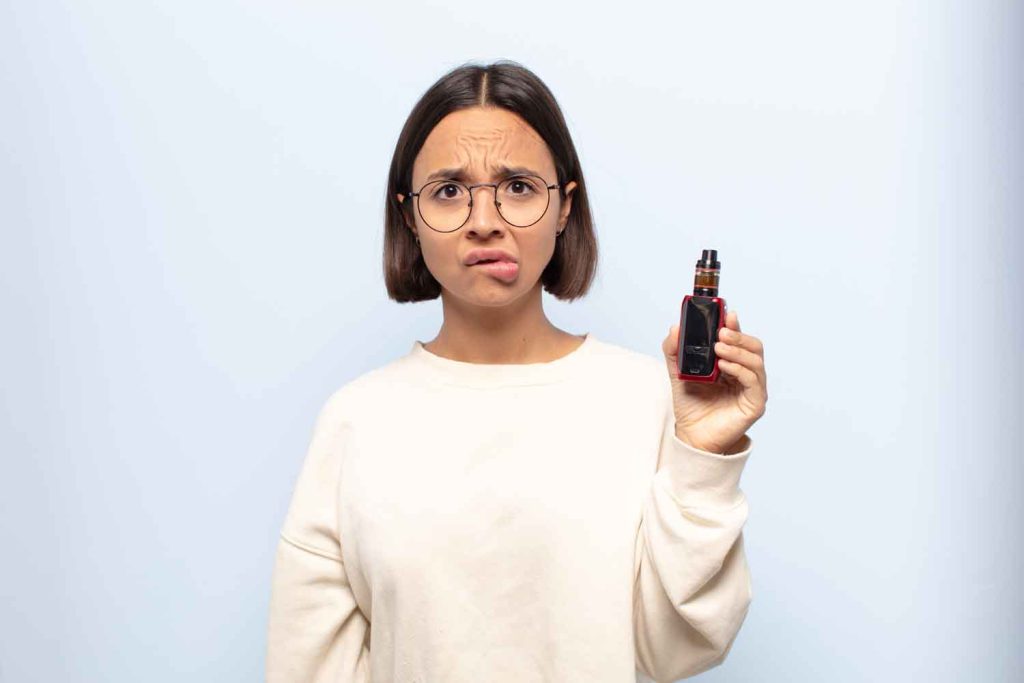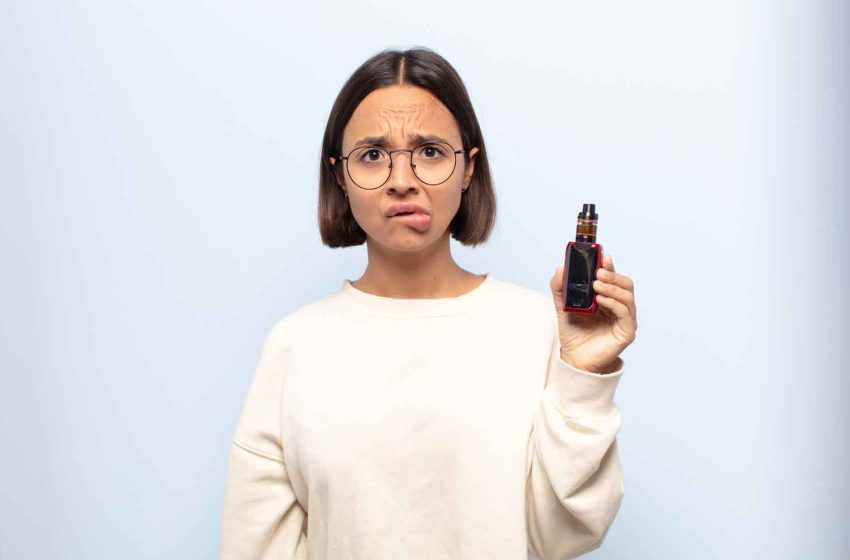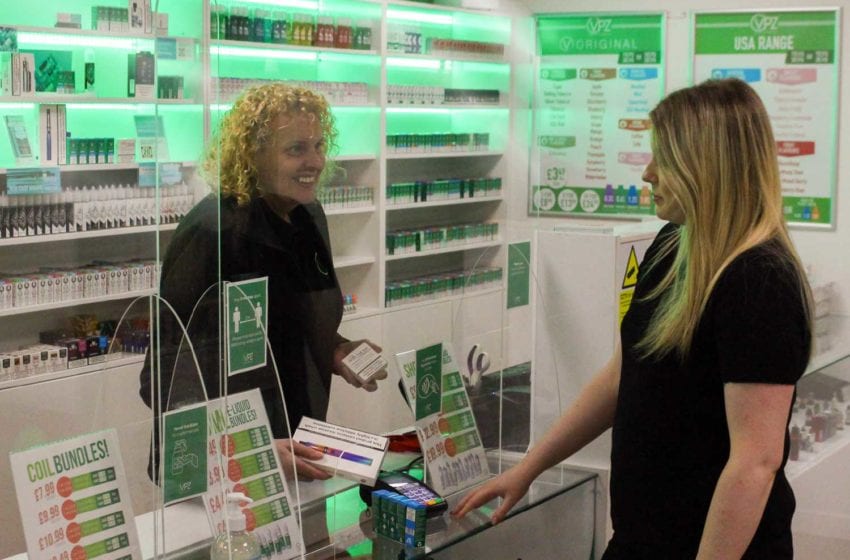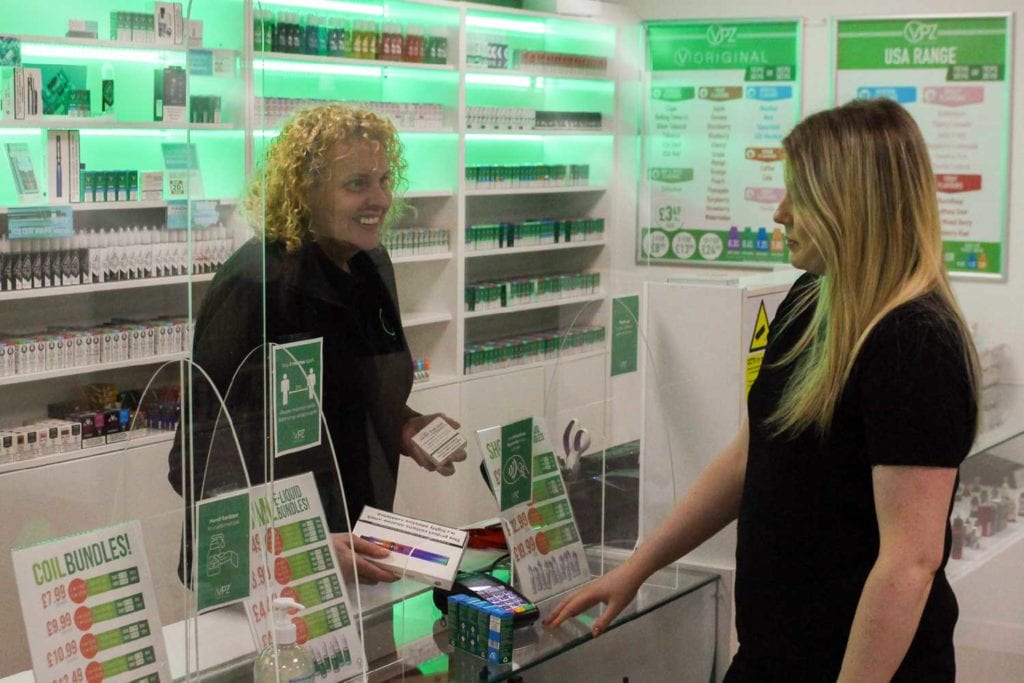
A study conducted by University of North Carolina researchers and published in Tobacco Control found widespread uncertainty and misperceptions about the sources of nicotine in e-cigarettes among youth.
“An important contribution from this study is that adolescents don’t understand where nicotine in e-cigarettes comes from,” said first author Sarah Kowitt, assistant professor at UNC Family Medicine and UNC Lineberger Comprehensive Cancer Center, in a statement. “If youth don’t think e-cigarettes are tobacco products like cigarettes, that could increase the appeal of these products. The more youth associate e-cigarettes with cigarettes, the less youth like them.”
The study also found that while some youth were aware of e-cigarettes that contain synthetic or “tobacco-free” nicotine, most youth were unaware. Most importantly, Kowitt said that the experimental portion of the study revealed that describing synthetic nicotine as “tobacco-free nicotine” increased intentions to purchase e-cigarettes among youth who use e-cigarettes.

If youth don’t think e-cigarettes are tobacco products like cigarettes, that could increase the appeal of these products.
Sarah Kowitt, assistant professor, UNC Family Medicine and UNC Lineberger Comprehensive Cancer Center
“To me, the big takeaway from our study is that the language that is used [to] describe e-cigarettes—on packaging and advertising—shapes adolescent users’ views of the products and their intentions to use them,” said senior author Seth Noar, professor at the UNC Hussman School of Journalism and Media and UNC Lineberger. “The industry has increasingly used the term ‘tobacco-free nicotine’ to describe synthetic nicotine products, and our data strongly suggest that this term may be misleading to youth in ways that increase the appeal of these addictive products.”
The study is the first to examine how youth understand e-cigarettes with synthetic nicotine. Its goal is to inform efforts by governments and regulatory agencies, including the U.S. Food and Drug Administration, to more effectively regulate the language used to describe synthetic nicotine products.










